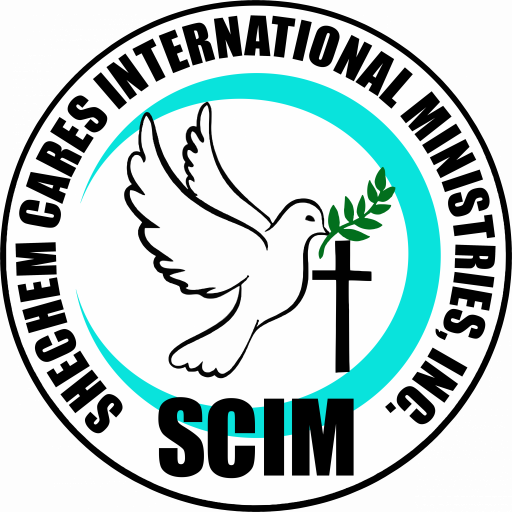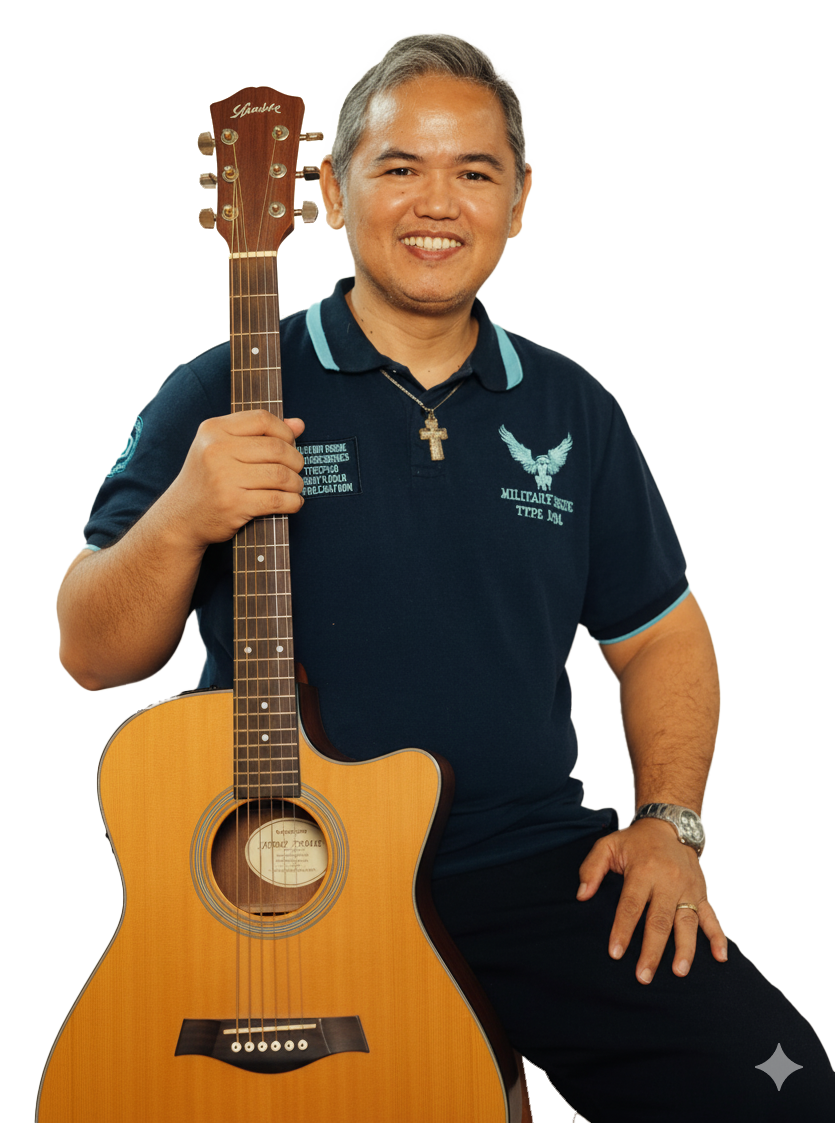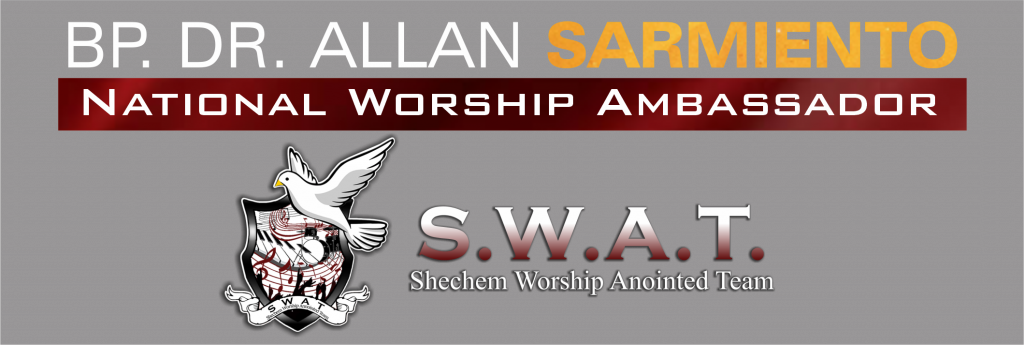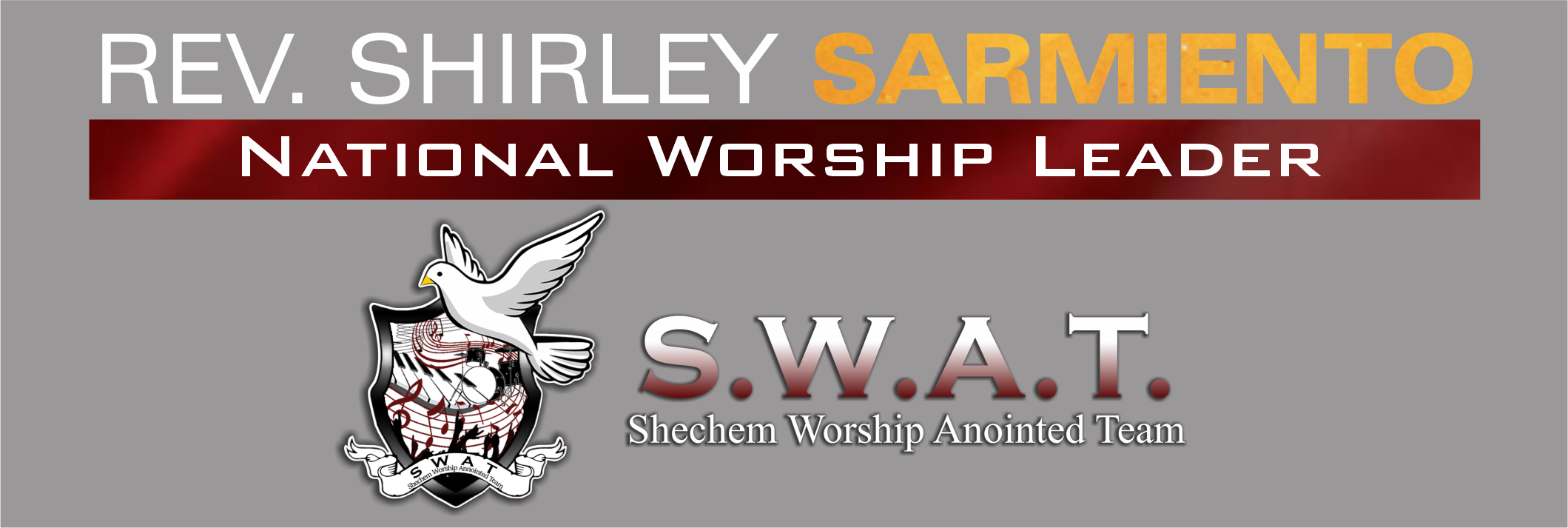
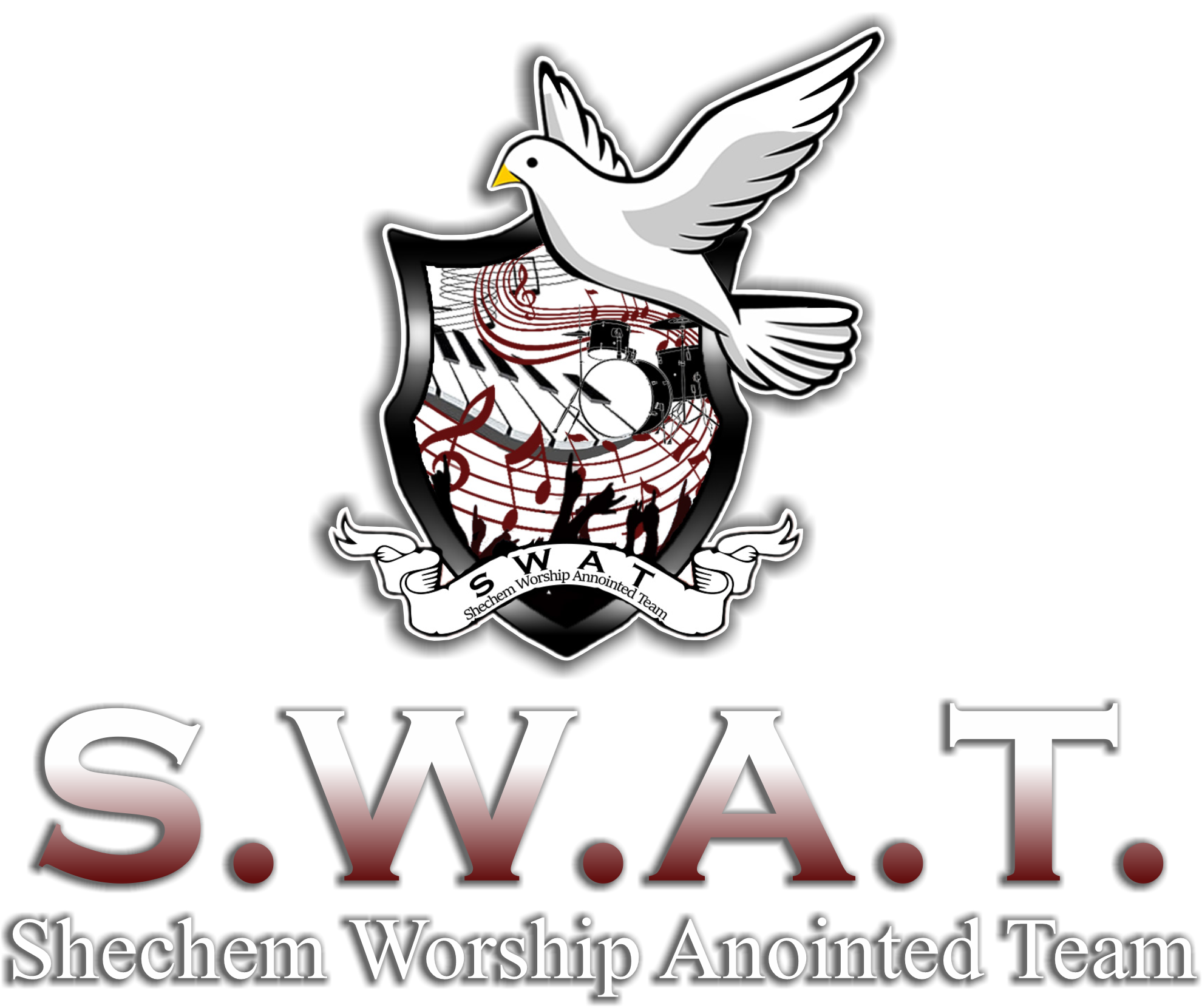
But the hour is coming, and now is, when the true worshipers
will worship the Father in spirit and truth; for the Father is
seeking such to worship Him. God is Spirit, and those who
worship Him must worship in spirit and truth.
John 4:23-24
But the hour is coming, and now is, when the true worshipers will worship the Father in spirit and truth; for the Father is seeking such to worship Him. God is Spirit, and those who worship Him must worship in spirit and truth.
John 4:23-24
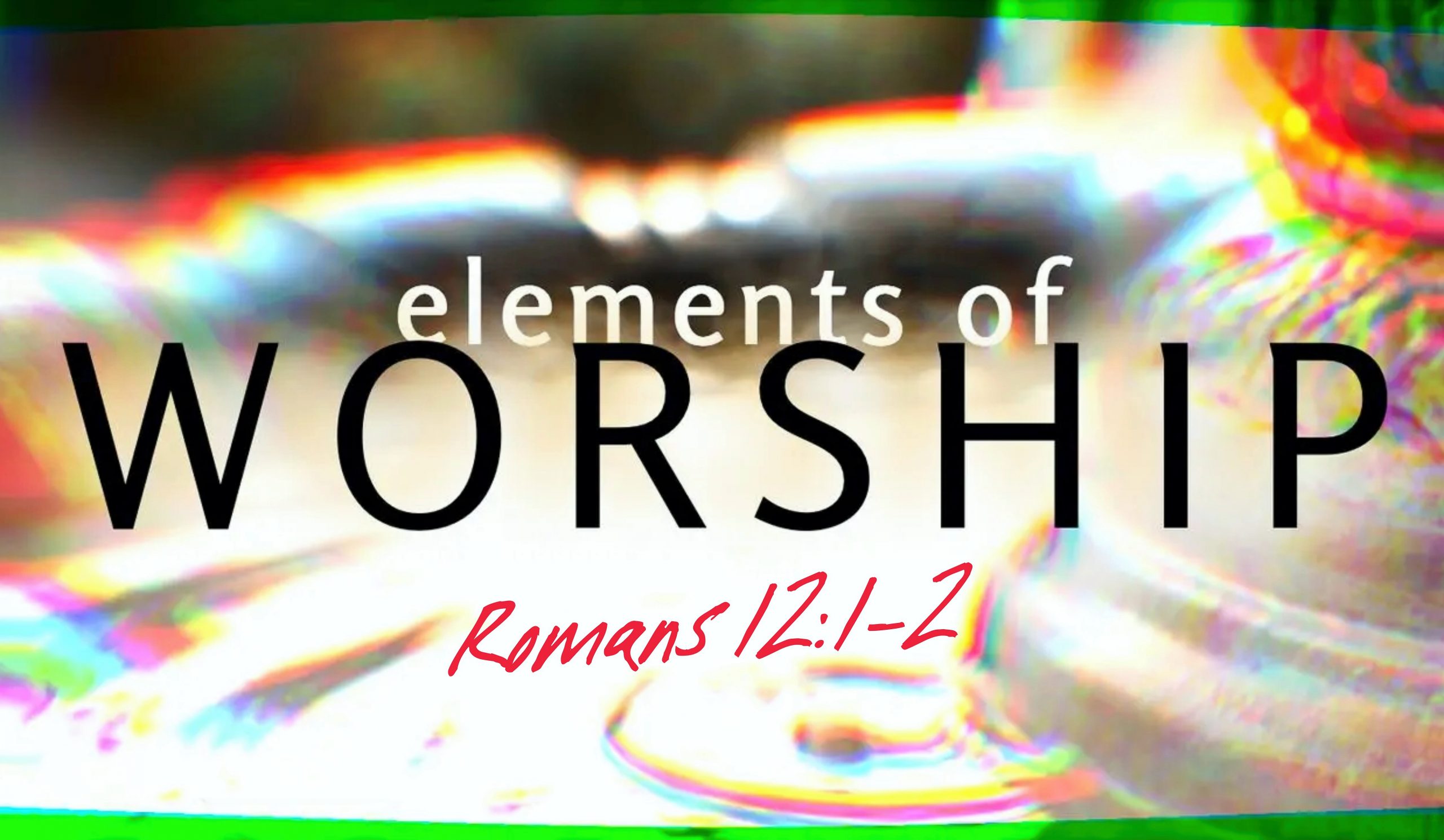
- One of the most interesting points of a pastor’s week is greeting people after Sunday morning worship. People say the most interesting things to the pastor as they file out the doors. I like the story of the young pastor and his first Sunday at his first church. An elderly lady said to him, “That was the worst sermon I’ve ever heard.” He merely ignored her remark until the next week. Again, she said, “That was the worst sermon I’ve ever heard.” This went on for some weeks. Finally, the pastor asked one of the deacons about her. The deacon responded, “Pastor don’t pay much attention to what she says. She’s feeble-minded. She just goes around repeating what everyone else is saying.”
- People do say the strangest things after morning worship. They’ll tell you that your message was great when you know and they know they slept through it! However, there are days when everything seems just right. There are days when we connect. There are days in which God’s presence is so tangible and we all sense it. We live out Psa.22:3, “But You are holy, Enthroned in the praises of Israel.”
- How can we know we have worshiped God? How can we leave this place and honestly say that we have been in the presence of the living God? What must we do? Where must we go? What must we feel to know that we have worshiped?
- As I have studied the subject of worship in the Scripture, I find over and over again five distinctive elements that are present when the people of God are in the presence of God.
I. Element #1: We Worship Through Thanksgiving.
A. We Worship God by Expressing our Gratitude.
Married couples we sometimes struggle expressing thankfulness to each other. An old farmer and his wife were sitting on their front porch swing of their farmhouse. As he thought back on their 42 years of marriage, he realized what a wonderful, willing woman she had been. As they watched the sun set on the western horizon, he said, “Mable, you’ve been such a wonderful wife that there are times I can hardly keep from telling you.”
- For what are you grateful? For what can we thank God? We can thank him for life and health. We can thank him for family, for husbands and wives, parents and children, especially grandchildren. Of course, we must thank Him for our salvation and our security in Christ. We should thank Him for our church family and the wonderful family of God.
- If you are having difficulty with worship, just stop. Consider all the blessings that God has given you. Then, in detail, thank Him for each of them.
B. Throughout the Bible Thanksgiving is Portrayed as an act of worship.
- We are happy, we are to thank God. Deuteronomy 8:10 says, “When you have eaten and are full, then you shall bless the LORD your God for the good land which He has given you.”
- When we are at peace, we are to thank God. Colossians 3:15 says, “And let the peace of God rule in your hearts, to which also you were called in one body; and be thankful.”
- When circumstances are difficult, we are to thank God. 1 Thessalonians 5:18 says “In everything give thanks; for this is the will of God in Christ Jesus for you.”
- When we face trials, we are to thank God. James 1:2 says, “My brethren, count it all joy when you fall into various trials.”
- When we are worried, we are to thank God. Philippians 4:6 says “Be anxious for nothing, but in everything by prayer and supplication, with thanksgiving, let your requests be made known to God.”
C. Jesus Recognized Worship in Thanksgiving (Luke 17:11-19).
- As Jesus “went to Jerusalem” going south “He passed through the midst of Samaria.” This was an uncommon route for Jews. Jesus came this way because He had an appointment.
- Upon entering “a certain village,” He met “ten men who were lepers.” Leprosy is a hideous disease in which the skin and the limbs actually rot away and fall off the body. Because it was highly contagious, they “stood afar off.”
- Recognizing Jesus as “Master,” they begged, “Have mercy on us!” They knew that only God could help them.
- Jesus told them to show themselves to the priest. That was what the law said one was to do if leprosy went away. At this point however, they were still infected. Jesus was asking them to take a step of faith. Note that “as they went, they were cleansed.”
- Only “one” of those ten men, “when he saw he was healed” came back. Notice, “with a loud voice” he “glorified God.” He also “fell on his face at His feet.” Then he began “giving Him thanks.”
- Of the ten, this one was a “Samaritan,” as Jesus said, “a foreigner.” Yet in great faith, he worshiped God through thanksgiving.
D. Let’s take a few moments this morning to worship God through thanksgiving.
I want some of you to shout out your completion of this sentence, “Lord I worship you because I am thankful for…”
II. We Worship God Through Praise.
A. A Proper Definition of Praise.
- Praise comes from a Latin word meaning “value” or “price.” Thus, to give praise to God is to proclaim His merit or worth. Thanksgiving is about what God has done for you. Praise is about who God is.
- Many terms are used to express this in the Bible, including “glory,” “blessing,” and “hallelujah.” In fact, “hallelujah” is a transliteration of the Hebrew for “Praise the Lord.” We ought to use this!!!
- The Hebrew title of the book of Psalms (“Praises”) comes from the same root as “hallelujah.” Psalms 113-118 are called the “Hallel.”

B. We can Praise the Lord in Many Ways.
- Israel used to offer sacrifices as praise.
- In 2 Samuel 6:14, King David “danced before the Lord” in praise as the ark was brought home to Jerusalem.
- In both Old and New Testament periods, people raised their hands in praise to God. Psa.134:1-2 says, “Behold, bless the LORD, All you servants of the LORD, Who by night stand in the house of the LORD! Lift up your hands in the sanctuary, and bless the LORD.”
- Psalm 77:11-12 reminds us that praise can be meditation. It says, “I will remember the works of the LORD; Surely I will remember Your wonders of old. I will also meditate on all Your work, And talk of Your deeds.”
- Psalm 66:16 refers to praising God through a testimony. It says, “Come and hear, all you who fear God, And I will declare what He has done for my soul.”
- Praise is almost invariably linked to music, both instrumental and, especially, vocal. Let’s read Psalm 150.
C. While the Bible teaches us to Praise, there are also Warnings about the Way we Praise God.
- Praise is to originate in the heart and not become mere outward show. Jesus echoed Isaiah’s words in Matthew 15:8, “These people draw near to Me with their mouth, and honor Me with their lips, but their heart is far from Me. And in vain they worship Me.”
- Praise is to be carried on in an orderly manner. 1 Corinthians 14:40 says, “Let all things be done decently and in order.”
D. Let’s praise the Lord by completing the sentence, “I praise the Lord because…”

III. We Worship God Through Giving.
A. Why People Give their Money to God.
- Some give out of a sense of duty.
- Some give out of a sense of fear.
- Some give only when the mood hits them.
- Some give out of worship.
B. The Bible teaches We are to give Cheerfully (2 Cor.9:6-8).
- First, we see the law of sowing and reaping (v.6). The principle is obvious: the more we sow, the more we reap!
- Second, each of us is to give “as he purposes in his heart.” You shouldn’t give on the spur of the moment. Plan what you give!
- Third, we shouldn’t give “grudgingly or of necessity.” “Grudgingly” means wishing we could do something else with it. “Of necessity” means we feel we must give.
- Fourth, remember “God loves a cheerful giver.” I’ve told you before that the word “cheerful” comes from the Greek word hilaros from which we get our English word “hilarious.” What an attitude!
- Fifth, remember that “God is able to make all grace abound toward you” so that you will have “all sufficiency in all things.” When you give to God, He will take care of all your needs.
- Everyone should give to God because giving is an act of worship. When you don’t give, your worship is incomplete. Even our children give.
C. In a few moments we are going to worship the Lord through giving. Let’s give in the spirit of worship. Let’s give cheerfully… hilariously!
IV. We Worship God Through Prayer.
- Prayer is our means of Communicating with God. Everyone should pray when we come to God in worship.
- First, we must pray for forgiveness and cleansing.
- Second, we pray prayers of thanksgiving and praise.
- Third, we pray prayers of intercession for others.

In No Common Task, George Reindrop tells how a nurse once taught a man to pray. Her simple lesson changed his life. She used her hand as a reminder in a prayer. Her thumb was nearest to her body and it reminded her to pray for those closest to her. The index finger was for pointing and it reminded her to pray for all those who had taught her. Her middle finger was the tallest and it reminded her to pray for all leaders. Her fourth finger was the weakest as every pianist knows. It reminded her to pray for those who are weak. He little finger was the smallest and the least important. It reminded her to pray for herself.
B. When someone prays Publicly we must Respond. We must either listen carefully and say “Amen” in agreement or to pray silently. Don’t just stand there!
- Jesus said in Luke 11:9, “So I say to you, ask, and it will be given to you; seek, and you will find; knock, and it will be opened to you.”
- James 5:16 says, “Confess your trespasses to one another, and pray for one another, that you may be healed. The effective, fervent prayer of a righteous man avails much.”
C. Let’s take a few moments right now and pray together.
V. We Worship God Through The Word.
A. As we speak to God through prayer, God speaks to us through His Word.
- His Word is eternal we can depend on it. Ps.119:89 says, “Forever, O LORD, Your word is settled in heaven.”
- God’s Word is spiritual food for our souls. Jer.15:16 says, “Your words were found, and I ate them, And Your word was to me the joy and rejoicing of my heart; For I am called by Your name, O LORD God of hosts.”
- God’s Word is profitable. 2 Tim.3:16 says, “All Scripture is given by inspiration of God, and is profitable for doctrine, for reproof, for correction, for instruction in righteousness that the man of God may be complete, thoroughly equipped for every good work.”
- God’s Word is a light in a world of darkness. Psalm 119:105 says, “Your word is a lamp to my feet and a light to my path.” 2 Peter 1:19 says it is “a light that shines in a dark place.”
- God’s Word brings hope. Romans 15:4 says, “For whatever things were written before were written for our learning, that we through the patience and comfort of the Scriptures might have hope.”
B. Teaching God’s Word is the Paramount, the Summit of Ministry.
- God’s words are vital. My words are not. If I ever stop teaching the Bible fire me! Find someone who will let the Word stand for itself.
- If you should have to leave this church, never go to a church where the Bible is not clearly explained.
- When you come to worship, ask God to speak personally to you through the message. Take notes. Look up references.
- You don’t eat only on Sunday. Don’t wait until then to open the Book.
C. I want to give you an opportunity to share a verse or two that may be very special to you this week.
VI. We Worship God Through Obedience.
- The Greatest Acts of Worship take place when we leave this room.
- The greatest acts of worship are not singing, lifting our hands, and preaching or anything that takes place on Sunday morning. The greatest acts of worship are acts of simple obedience to God each day of the week.
- Note Rom.12:1 in the NIV, “Therefore, I urge you, brothers, in view of God’s mercy, to offer your bodies as living sacrifices, holy and pleasing to God–this is your spiritual act of worship.”
- It doesn’t matter what We do in Church if We are Disobedient away from church. Once again, let’s notice God’s words to Israel about their insincere worship. Let’s read Isaiah 1:11-19.
Mark Twain encountered a businessman from Boston during his travels that said, “Before I die, I will go to the Holy Land. I’m going to climb Mt. Sinai and from the top shout the Ten Commandments at the top of my voice!” Unimpressed, Twain responded, “I’ve got a better idea. Stay in Boston and keep ‘em.”
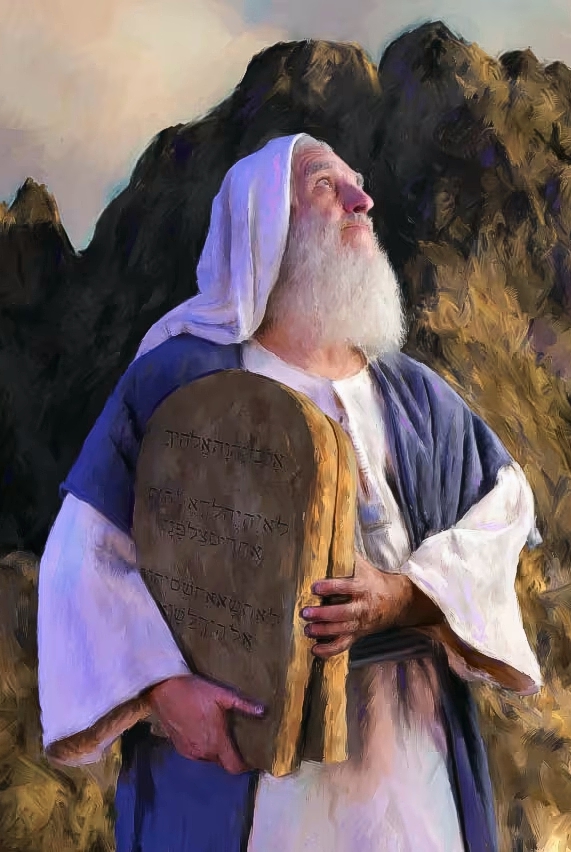
WE ARE THE SHECHEMITES
Words & Music By Allan & Shirley Sarmiento
